Since 2012, Venezuela has been immersed in a political, institutional, and economic crisis that has led to the large-scale migration of people from the country (the second largest mobility crisis in the world after Syria), all of this occurring against the backdrop of multiple and complex, regional mobility crises. Many people had and continue to find themselves in unsustainable situations, leading to the mass exodus. As of October 2021, the R4V estimates that around 5.9 million Venezuelans are living abroad, of which 4.8 million are in Latin America and the Caribbean (R4V, 2021).
The response to the Venezuelan migration crisis was at first quite disjointed at the regional and global levels. Not until 2018, the UN Secretary General, in view of the urgent need for a coordinated and regional response to the migration crisis, proposed the creation of the so-called Regional Interagency Coordination Platform (also known as Response to Venezuelans or R4V), led by the International Organization for Migration (IOM) and the United Nations High Commissioner for Refugees (UNHCR), to coordinate response efforts in 17 countries in Latin America and the Caribbean. With the aim of achieving coherence and consistency between a variety of different actors directly involved in the response, the R4V seeks to bypass institutional barriers to respond to the crisis more effectively. Yet there is a perception that the Venezuelan migration crisis will not end in the short or medium term, and the return of Venezuelans is currently not a realistic option.
The main objective of this study, which addresses the challenge of applying the Humanitarian-Development-Peace (HDP) Nexus in the context of migration flows from Venezuela, is to analyse the conditions appropriate for a Nexus response, involving the perspectives of different actors directly engaged in the crisis. The results demonstrate that as the crisis continues, it is essential that any coordinated response addresses not only the immediate concerns facing Venezuelan migrants and host communities, but also plans for development actions with a long-term perspective to the integration and regularisation of migrants abroad, backed by flexible financial frameworks and a commitment for capacity sharing between international and local/national actors. Such coordination and complementarity of actions incorporates elements of the Triple Nexus and can approach the migrant crisis with solutions that have sustainable and durable outcomes involving migrant and host communities alike. The study concludes with specific recommendations that can improve the effectiveness of the medium and long-term responses to the migration crisis.
The study has been launched by We World and the Institute of Studies on Conflicts and Humanitarian Action (IECAH) within the EU-funded project framework “Responding to forced displacement in Latin America through capacity building and certification on EU Aid Volunteers- INPLACE”, whose objective is to enhance the response capacities of current and potential EUAV hosting organisations on the phenomenon of forced displacement in Latin America.
To read the full Study: Applying the Triple Nexus – Venezuelan Crisis
Photos of Venezuelan Migrant in Peru, Greta Granados, 2018.

